IGAD plots deeper co-operation in preventing, countering extremism with digital hub
Experts observe that while the US has escalated airstrikes against Islamic State in Puntland, al-Shabaab’s momentum in southern and central Somalia continues largely unchecked, highlighting concerns over gaps in international focus.
Supported by the government of Norway, the centre launched the revitalised Digital Hub with the hope that it would be used as a tool to empower and amplify credible voices capable of challenging and changing perceptions of violent extremism.
The war against violent extremism is not yet over, and for East and Horn of Africa countries, this reality is too real.
From Mogadishu, where the al-Shabaab continue carrying out incessant attacks and radicalising people from the IGAD region and beyond to the streets and suburbs of regional cities, including Kampala and Nairobi, where extremists plot cells to outmanoeuvre anti-extremism messages and players, including civil society, the media and security agencies.
However, the war against extremism seems to just be starting as extremists adopt more sophisticated ways to advance their agendas. Some of these are the adoption of digital money, including bitcoin and using social media more aggressively to recruit and radicalise innocent souls. 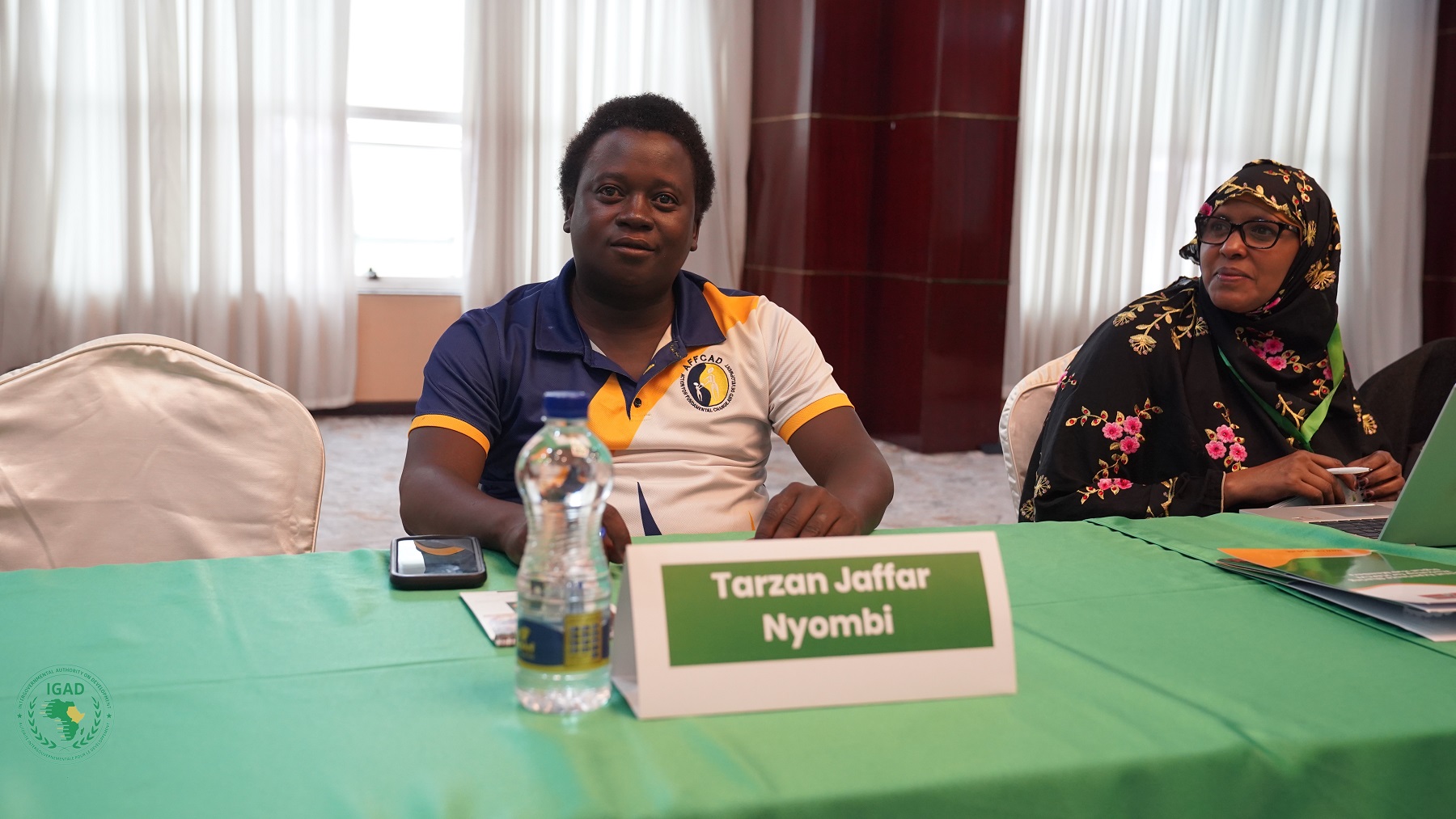
Tarzan Jaffer Nyombi
The results of this are all there to see in Somalia, which has made several gains in 2025.
Experts observe that while the US has escalated airstrikes against Islamic State in Puntland, al-Shabaab’s momentum in southern and central Somalia continues largely unchecked, highlighting concerns over gaps in international focus.
More effort needed
While one may think that Uganda and Kenya are far from Somalia and cannot be affected by what is happening there, IGAD Centre for Preventing and Countering Violent Extremism (ICEPCVE) deputy director and head of capacity Building, Mohamed Houmed, says Uganda, Kenya, Djibouti and Ethiopia are spillover states considering their proximity to and operations in Somalia.
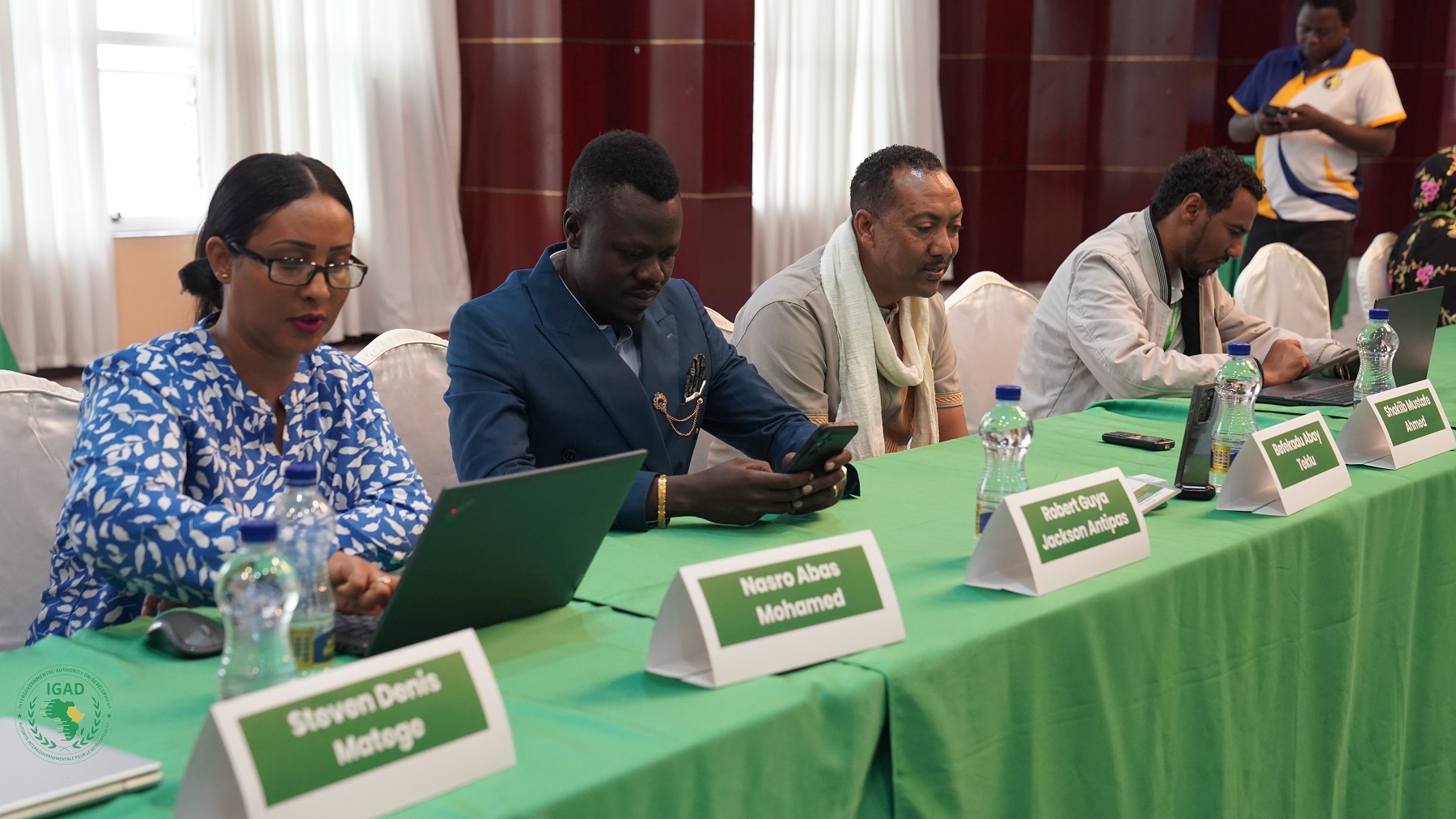
During the launch, Nyambura said society is changing rapidly, calling for the civil society and the media to be watchmen in the communities they operate.
It is for this reason that ICEPCVE says concerted regional efforts to counter violent extremism should continue.
According to centre director Dr Simon Nyambura, it is important to shift from short-term tactics to sustainable solutions.
Reflecting on two decades of global counterterrorism efforts since 9/11, he says, "For almost 10 years, the focus was solely on state actors: Investigation, prosecution and adjudication. We were reactive. As a Centre, we recognised the critical omission of non-state actors: Civil society, youth, women and media."
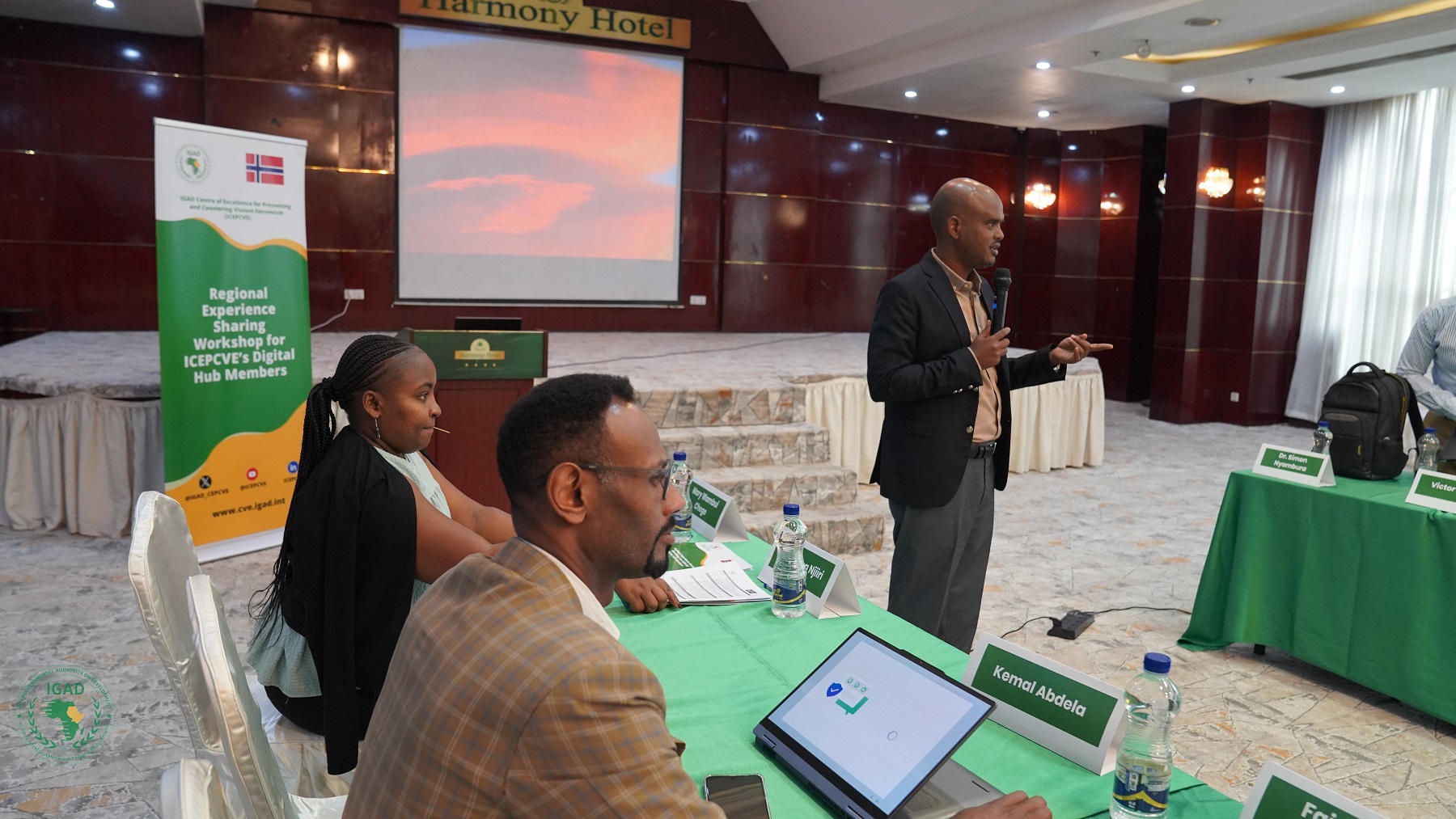
The centre says one key strategic objective within the Intergovernmental Authority on Development (IGAD) Regional Strategy for Preventing and Countering Violent Extremism is to create platforms for co-operation and co-ordination among key actors involved in preventing and countering violent extremism (P/CVE) in activities designed to empower and amplify credible voices capable of challenging and changing the perceptions of violent extremist organisations and their ideologies to reduce the threat of radicalisation of at risk communities to violence.
The strategy encourages a whole-of-society approach that involves broad-based participation of P/CVE actors to greatly contribute to raising awareness about violent extremism in the communities.
It is because of this objective that a Digital Hub has been established by the centre to provide a safe space for P/CVE actors to learn and share experiences. The IGAD region also faces complex security challenges, including terrorism, radicalisation, online hate speech and recruitment of youth into violent groups.
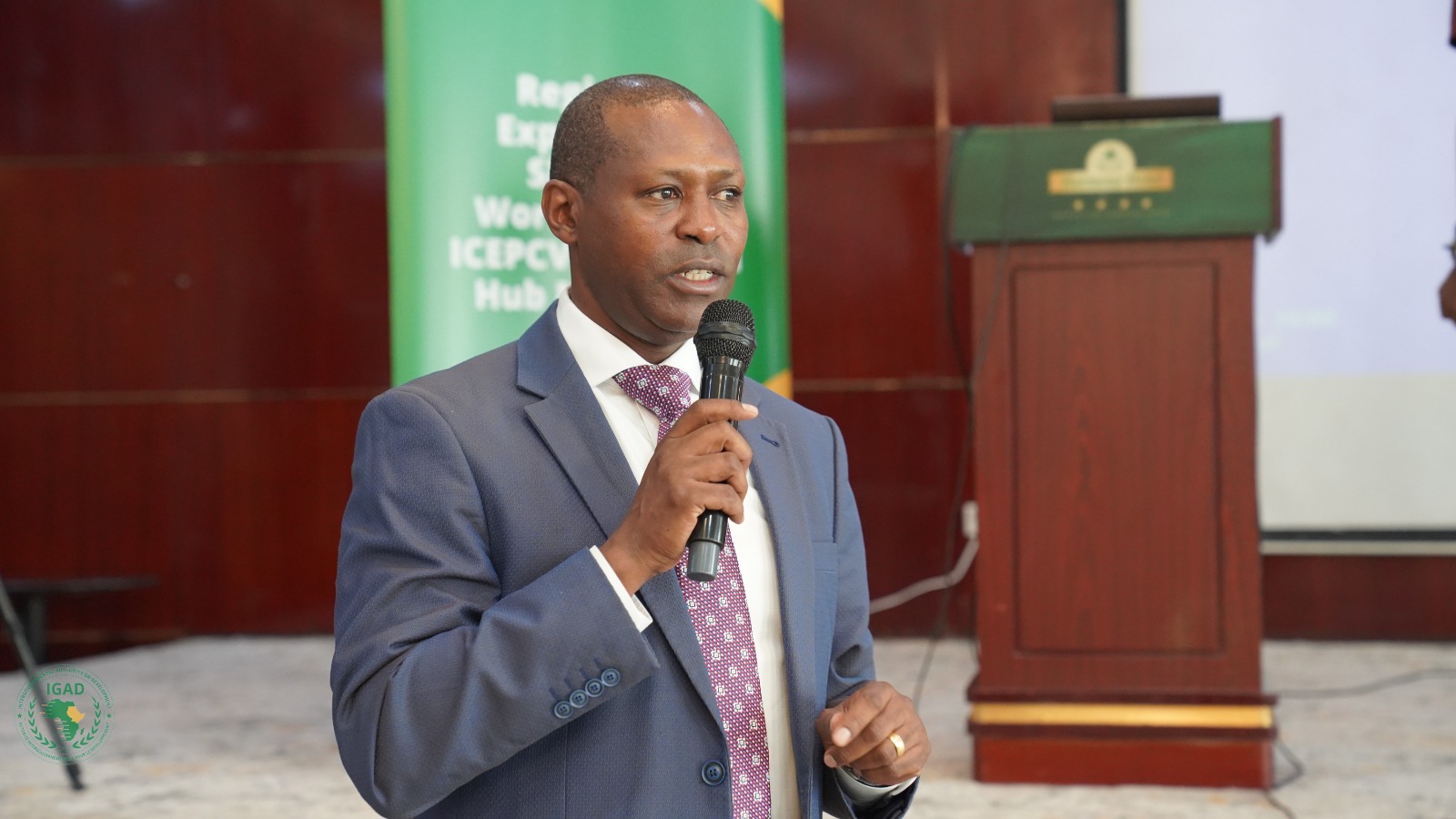
Digital Hub
To give the effort impetus, ICEPCVE organised a regional workshop in Addis Ababa on September 9-10, 2025, to provide a platform for the Centre’s Digital Hub members, including civil society and media practitioners, will discuss their experiences in varied P/CVE efforts they have been undertaking in their communities and develop a joint regional message.
A centralised hub would allow governments, civil society, researchers and media to share data, best practices, training and early warning tools. This improves coordination in a region where threats easily cross borders.
"Joint messaging not only amplifies positive messages by reaching a wider audience but also contributes to fostering a sense of collective responsibility and strengthening community resilience against violent extremists’ ideologies".
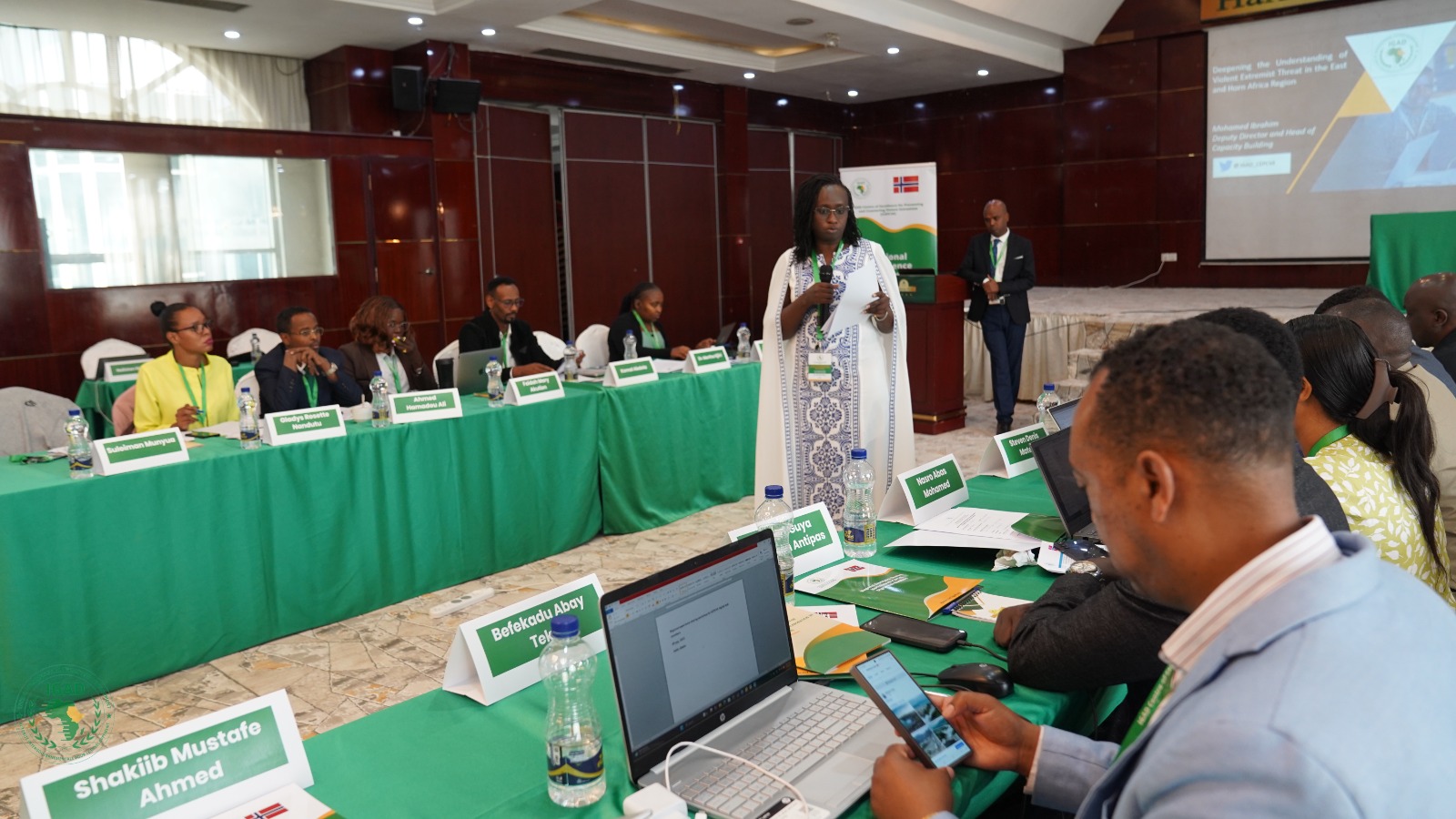
Supported by the government of Norway, the centre launched the revitalised Digital Hub with the hope that it would be used as a tool to empower and amplify credible voices capable of challenging and changing perceptions of violent extremism.
During the launch, Nyambura said society is changing rapidly, calling for the civil society and the media to be watchmen in the communities they operate.
"Hate is prevailing in all society's fabric and in turn perpetrating terror. We have to be at the forefront of challenging false narratives," he said.
ICEPCVE's head of strategic communications Dr Martha Njiri, called for collaborations among actors, including civil society and governments in countering extremist narratives and fighting radicalisation.
She called for multiple ways in countering and preventing violent extremism, including dialogue, photo voice, radio and social media.
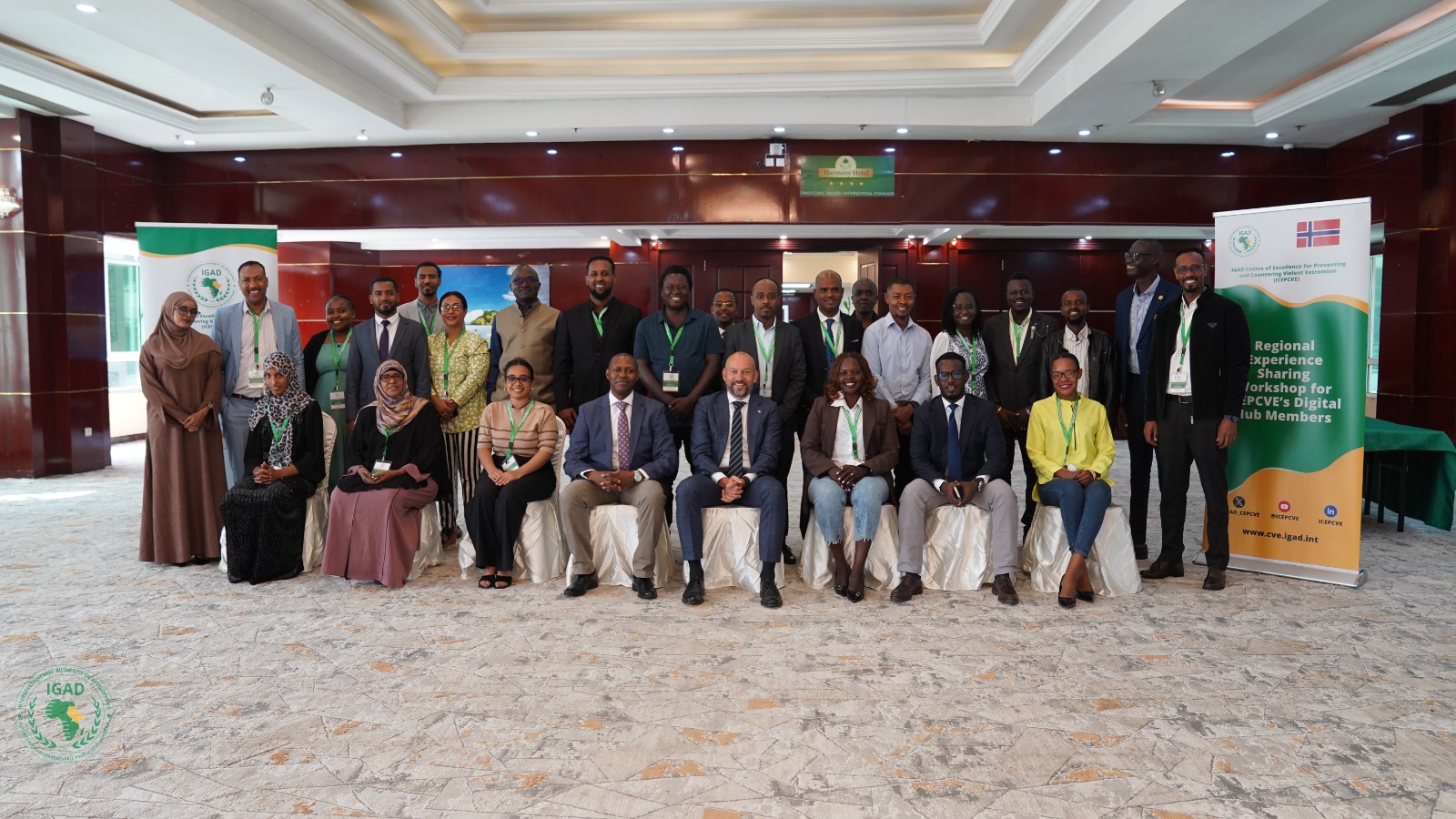
Community-centred approach
Ambassador Stian Christensen of Norway to Ethiopia reinforced IGAD’s community-centred approach, drawing parallels to Norway’s response after its 2011 terror attack:
"Security measures alone won’t suffice. Addressing exclusion, mistrust and graft is essential. When the plane crashes, first class won’t save you: We survive together or fall together."
He praised IGAD’s rejection of "strike first, strike fast" tactics, "this workshop embodies the only sustainable path: Community-led resilience. Civil society and media build the hope extremism seeks to destroy."
Norway’s steadfast support for IGAD, Christensen added, stems from shared conviction.
"Responses must safeguard human rights while empowering communities. IGAD’s vision of locally owned solutions resonates with our national action plan," he said.